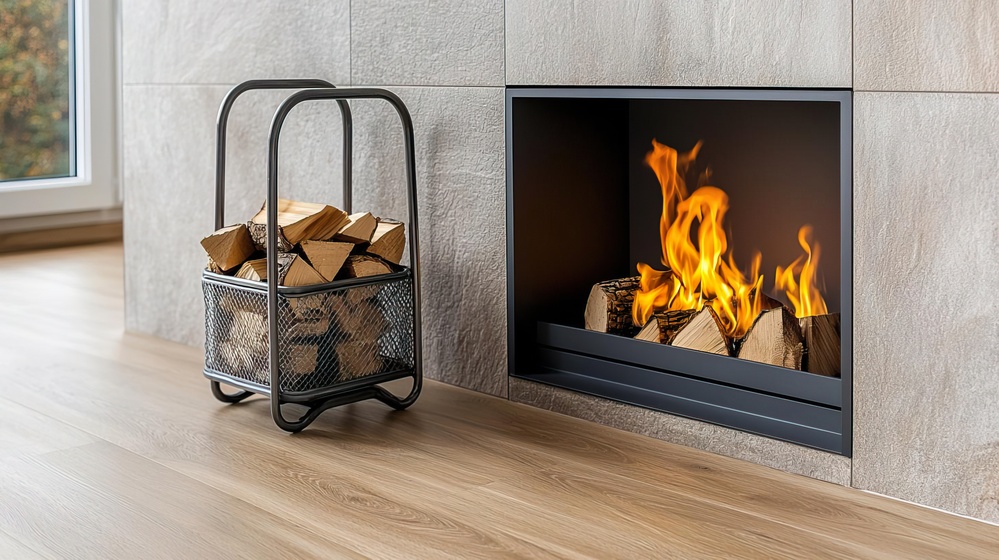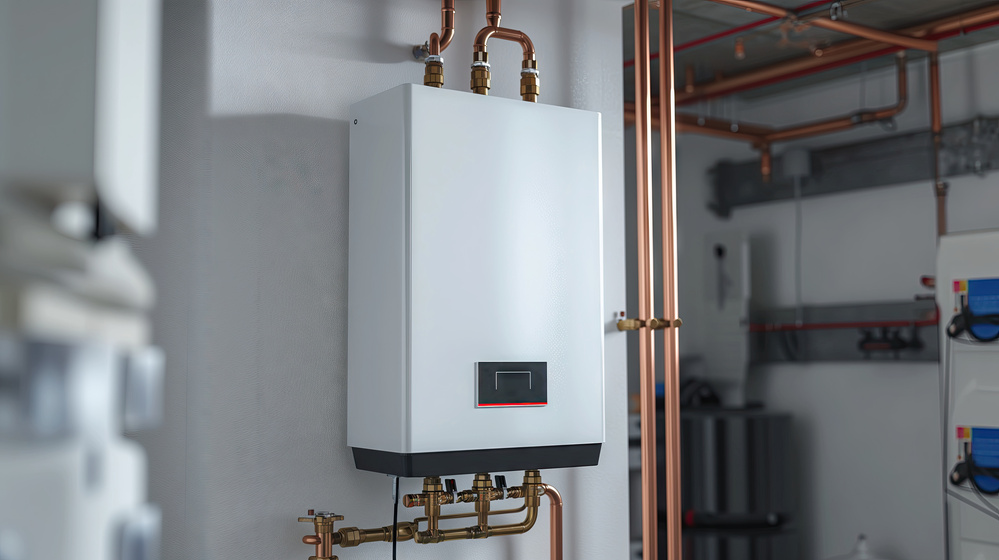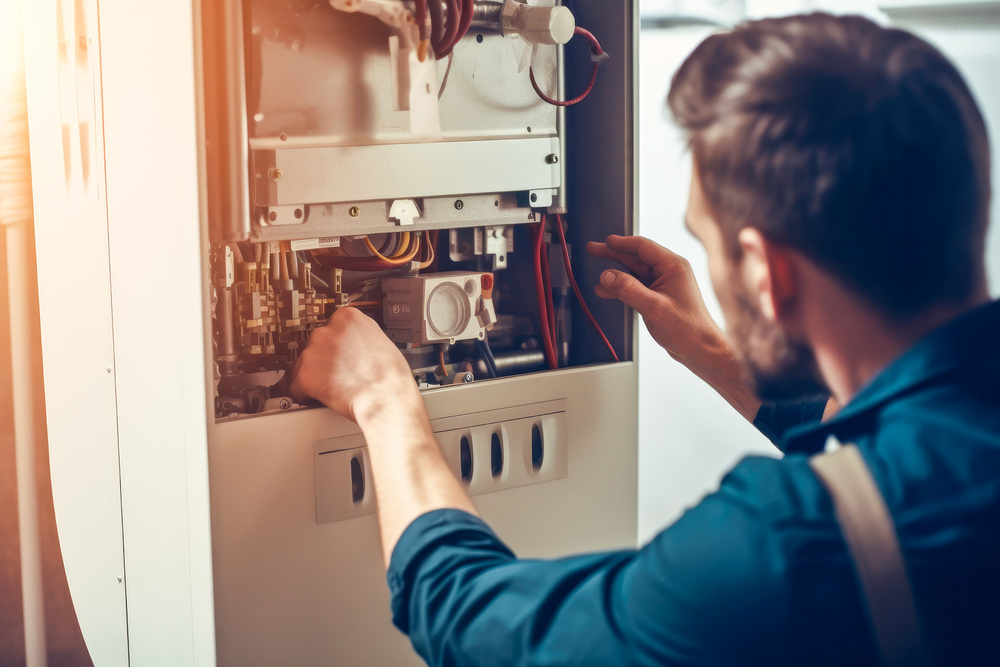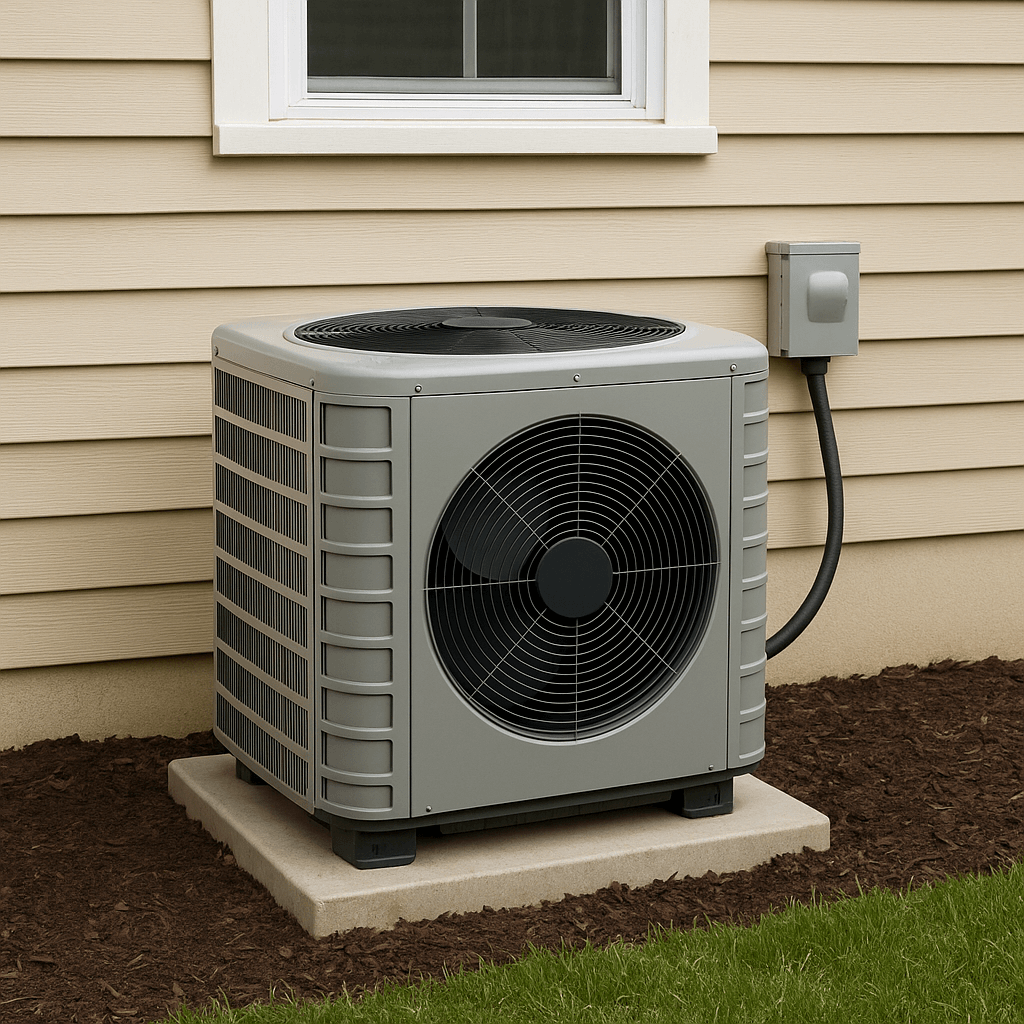Serving The Wasatch Front Area

4 Major Tips for Affordable Home Heating
December 6, 2021
Heating costs form a significant part of utility bills during the winter season. You can reduce these costs if you understand how to minimize the heating energy your home requires. Below are four ways to minimize your heating costs.
1. Install the Right System
Choose the right system the next time you want to replace your heating system. Below are the major factors that mean you have the right system.
Proper Sizing
A heating system should be big enough (in terms of capacity) to heat your home – nothing more, nothing less. An undersized system won’t heat your home. An oversized system will consume more energy than it should, with the extra energy going to waste. Heating system sizing depends on multiple factors, such as:
- Local weather and climate
- Home size
- Number of rooms
- Building materials
The sizing calculations need to be precise, which is why you should let a professional heating contractor handle it.
Inexpensive Energy Source
Heating systems use different sources of energy. Compare the energy sources available in your area and choose the least expensive one. Common energy sources for heating include:
- Oil
- Natural gas
- Propane
- Electricity
The British Thermal Unit (BTU) is the unit for measuring heating system capacity. Know how many BTUs a unit of energy gives and the energy’s unit cost. That way, you can accurately compare the costs of heating energy.
For example, natural gas is less expensive than electricity and oil in many parts of the country. Again, your heating contractor can help you with the calculations and comparisons.
Efficient System
Once you choose your heating energy, choose the most efficient heating system that runs on the energy. An inefficient system can waste most of the energy and erase the benefits of heating with inexpensive energy. For example, standard furnaces are at least 80% efficient, but high-efficiency units can have efficiencies above
90%.
2. Maintain the System
Once you have the right system, maintain it to ensure it keeps running with the initial efficiencies. The necessary maintenance depends on the system you use. For example, for combustion systems, you should:
- Replace the air filter to avoid air restrictions that might lower the system’s efficiency
- Ensure the duct has proper insulation and is intact to avoid heat duct losses
- Ensure all the registers are clear to ensure efficient airflow for energy efficiency
- Give the system an annual tune-up to ensure all its parts and system operate as they should
The system installer will advise you on how to maintain it. Follow the advice to the letter.
3. Prevent Heat Loss
The energy your heating system consumes should all go towards heating your home. A few losses are inevitable, but you can minimize the losses to minimize your heating costs. Prevent heat loss with these tips:
- Ensure all relevant parts of the house, such as the attic, have adequate insulation
- Repair duct damages as soon as they occur
- Seal all the perimeters around your doors and windows
- Use energy-efficient windows that minimize heat transfer
A home energy assessment can help you identify heat losses so that you can plug them.
4. Use the System Properly
Once you have everything right, use the installed system properly to avoid energy wastage. For example, you should:
- Program the thermostat or control it remotely to reduce heat output when no one is at home
- Use a ceiling fan to increase air circulation and reduce the heating system’s load
- Keep the furnace fan on auto so it circulates air and warms your home even with the burners on
- Set the right temperature, as even a slight unnecessary increase results in energy wastage
Ideally, everyone in the household should be familiar with these tips for maximum effectiveness.
Contact
Comfort Solutions for all your heating needs. We can help you install, maintain, and repair your system so you can always enjoy affordable heating.
Recent News

What Are the Pros and Cons of Radiant Floor Heating in Utah Homes?
September 11, 2025

How a Fireplace Insert Can Boost Home Heating Efficiency
September 10, 2025

Utah’s Indoor Air Quality Issues (and How to Deal With Them)
August 21, 2025

What Is a Tankless Water Heater and Should I Consider Getting One
June 25, 2025

Is Summer a Good Time to Have Furnace Maintenance Done?
June 24, 2025

Common Air Conditioner Mistakes That Can Cause You Problems
May 29, 2025

